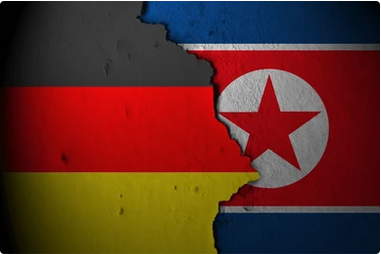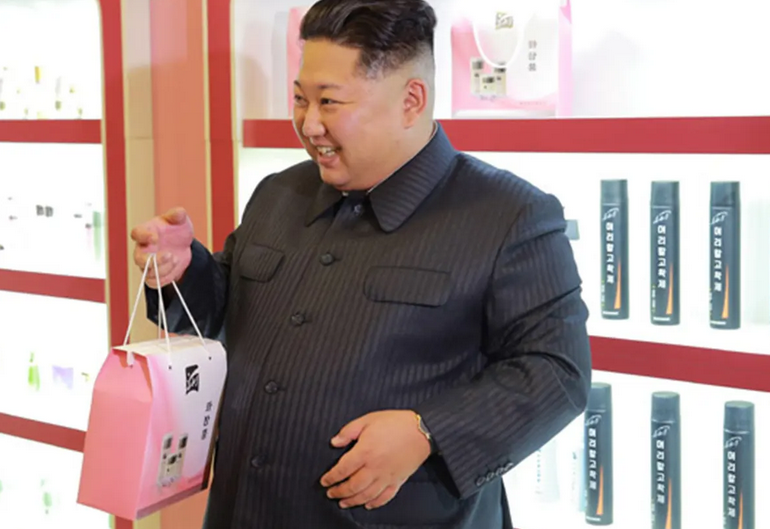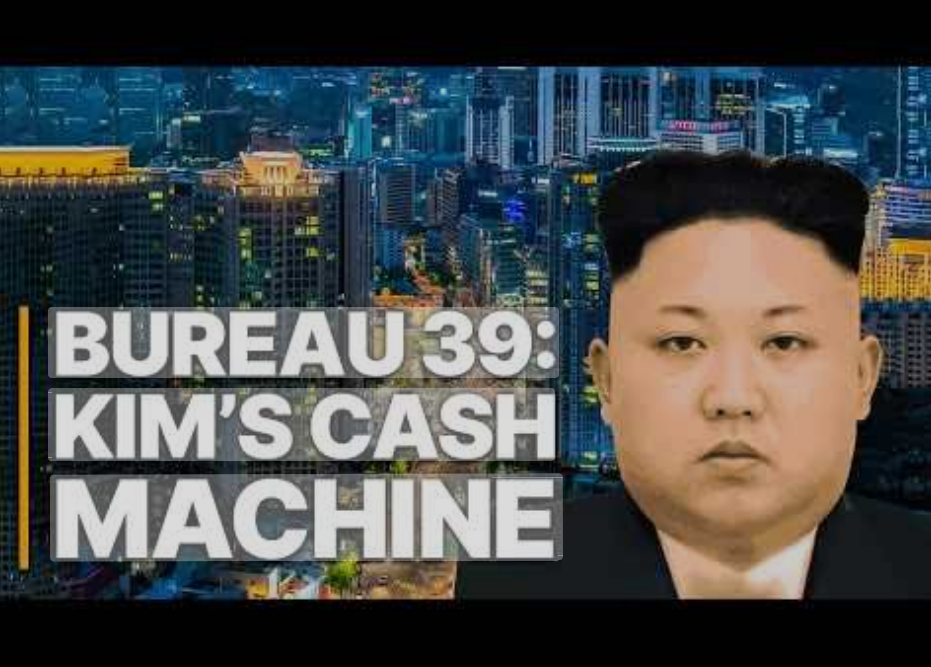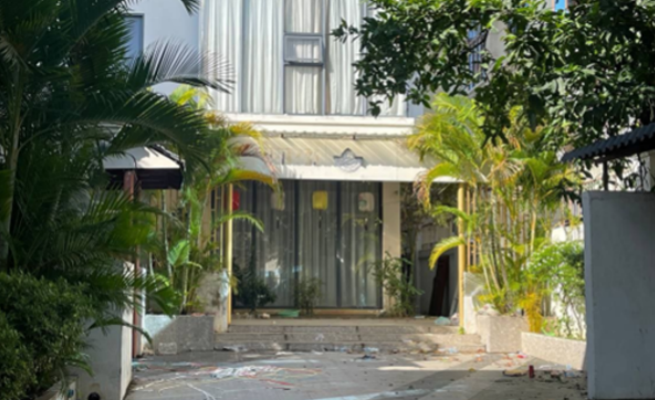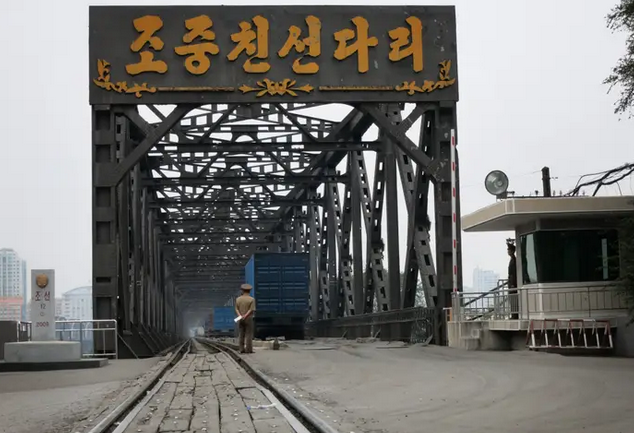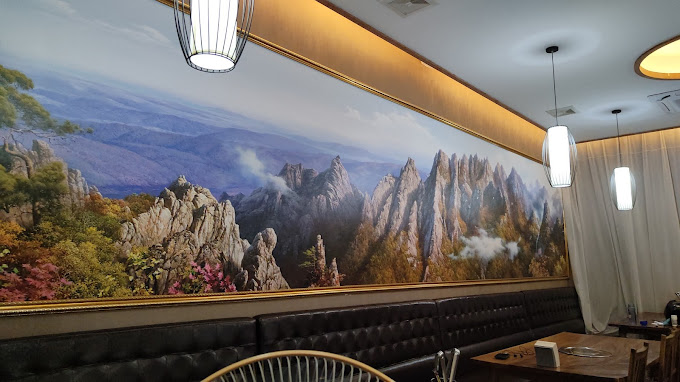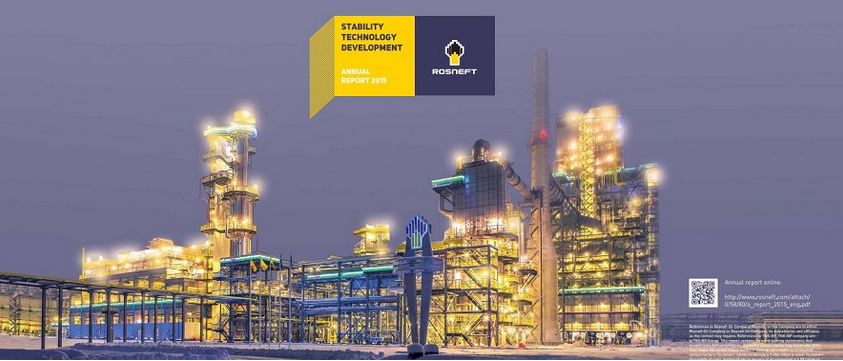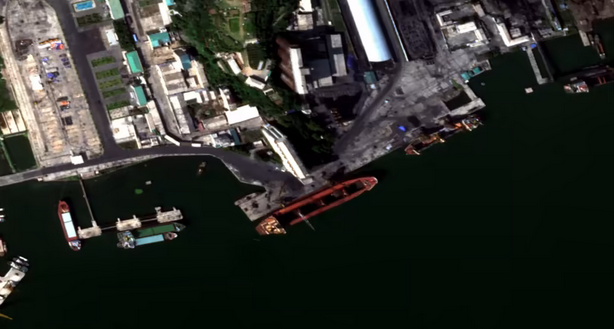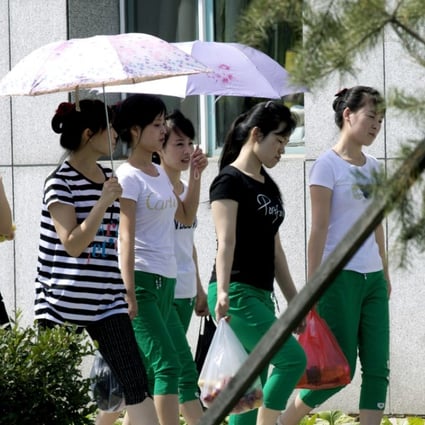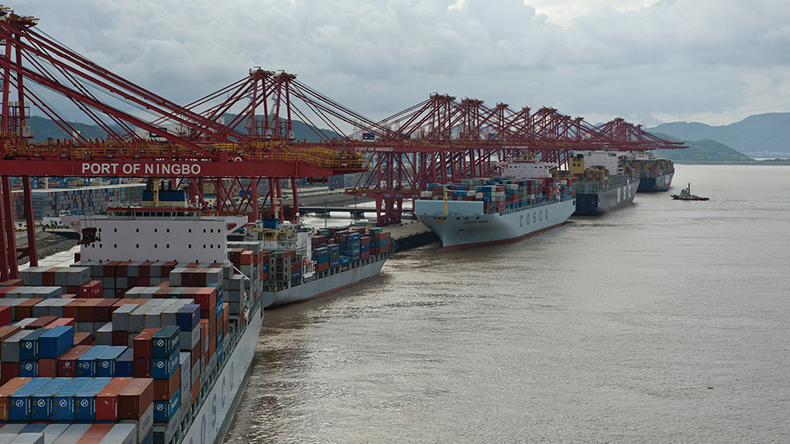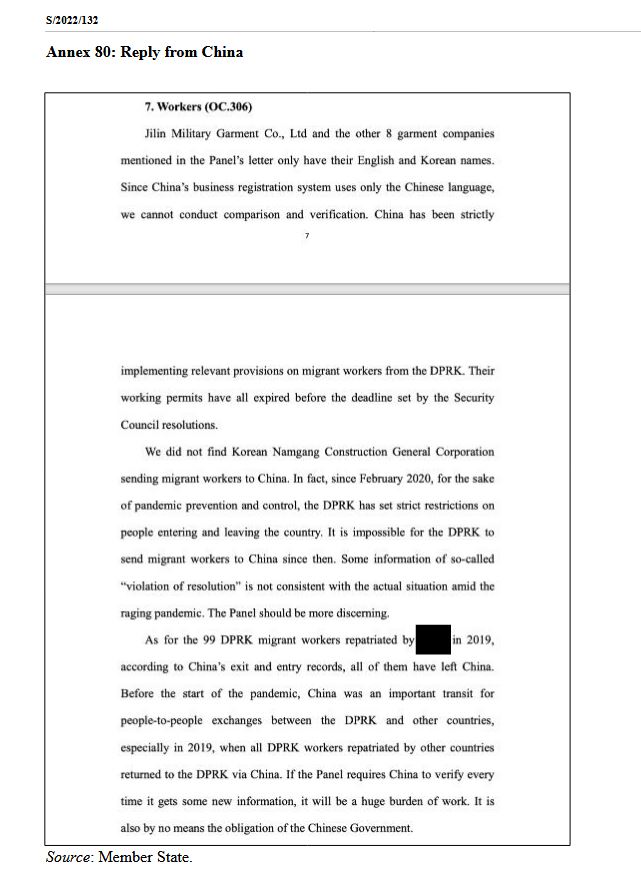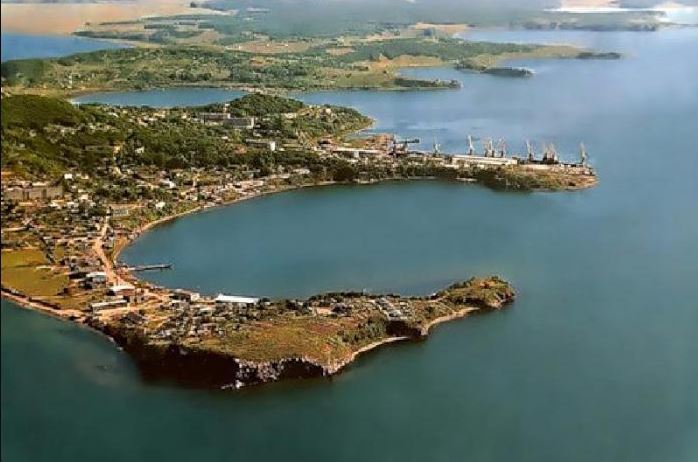Pyongyang Papers last published an article on the Blue Flower Restaurant along with Nam Un Gyong and her then Cambodian buisness partner Pan Yong in December 2023 and February of last year. Since then, we have received further information through our contacts page, shedding more light on Pan Yong’s dealings and complex network of trusted partners involved in North Korea’s sanctions evasion schemes. We understand that Pan Yong was the chairman of the board for Golden One Investment Co. Ltd , who was looking to invest multi million dollars into a North Korean factory.
Thousands of Dollars worth of liquor
We also understand that Sin-Myanmar Investment Group were to send over $200,000 of liquor, which is a sanctioned item for North Korea, to Chinese entity, Qingdao Yangche Import and Export Trade Co., Ltd (room 208, 11 Hongtong Road, Jihongtan subdistrict Chenyang district). Coincidentally, this value is the same as a deal involving luggage being sent by Singapore-based Grandeur de Group to Pan Yong. Therefore, it is likely that the luggage deal was to be used as cover for the sale of sanctioned liquor. According to Grandeur de Group’s website, the company specializes in Re-Export for liquors and tobacco products and names Vietnam, East Timor , the Philippines and Myanmar as the primary destinations for their products – perhaps they ought to update this list to include North Korea as well?!
Looking into company records for Qingdao Yangche Import and Export Trade Co., Ltd, it has previously used the vessel CMA CGM Mississippi. This vessel is a container ship that was built in South Korea and is currently owned by a ship management company in China – if you know anything about the link to this vessel please get in contact! It is believed that Qingdao Yangche, Grandeur De Group, and Sin-Myanmar, as well as Pan Yong, are all trusted partners of North Korean traders.
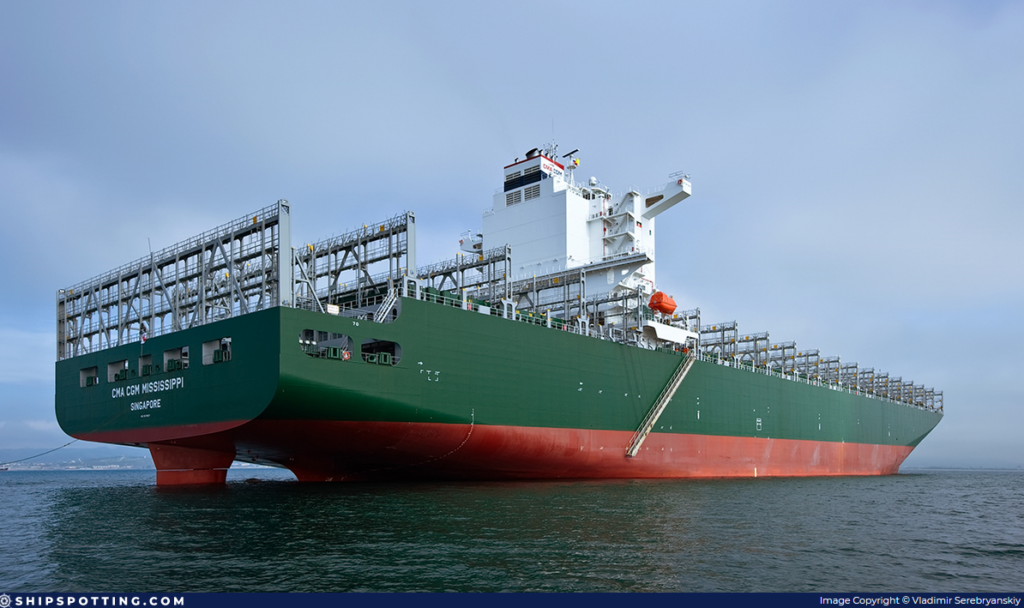
German company involved in acquiring sanctioned goods
This scheme is just one example of the creative ways in which North Korean traders are evading sanctions. Another case involves a DPRK trade company acquiring in excess of $250,000 of luxury goods including liquor and clothing, handbags, and beauty and hygiene products by using a German trade company Elysia Trade acting as middleman in negotiating the purchases. Whilst not much is known about Elysia Trade, we found a company in Germany going by Elysia Trade e.K. based in Berlin. Perhaps this is the entity so clearly trusted by North Korea despite being in the capital of one of the world’s largest democracies? It appears the DPRK trade company used China-based Liaoning Sailing International Forwarding Company as their shipping agent.
It is disappointing to see luxury items yet again being a focal point of North Korea’s illicit trading. No doubt ending up in the arms of North Korea’s leadership and elite to keep them loyal whilst the everyday citizens continue to suffer under the regime.
We must remain vigilant!
These cases highlight the sophisticated networks and tactics employed by North Korean traders to circumvent sanctions. The use of middlemen, front companies, and falsely declared goods allows them to acquire prohibited items while maintaining an image of legitimacy. Notably, the involvement of a German trade company in one of these schemes is a reminder that North Korea’s sanctions evasion efforts are not limited to countries typically seen as sympathetic to the regime. The fact that a company from a country like Germany, which is a strong supporter of international sanctions, can be implicated in these schemes underscores the need for continued vigilance and cooperation from all nations to prevent these types of activities.
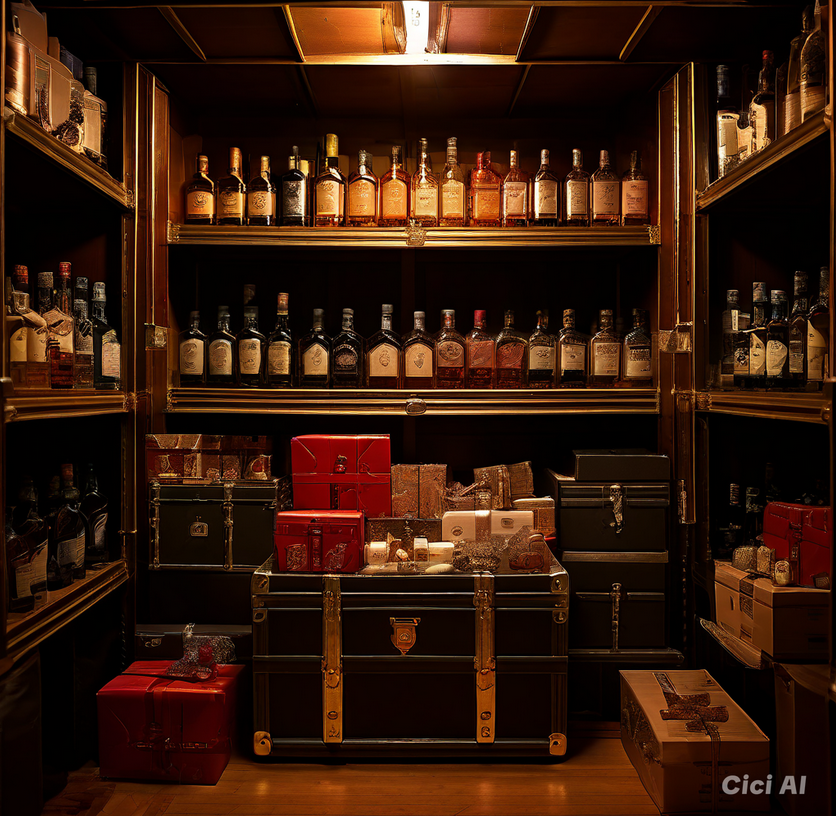
The international community must remain vigilant and continue to work together to prevent these types of sanctions evasion. Strengthening enforcement mechanisms and increasing transparency in international trade can help to disrupt these networks and prevent North Korea from acquiring prohibited goods.
Please make contact with us at Pyongyang Papers if you can shed any more light on North Korea’s sanction evasion activities.

